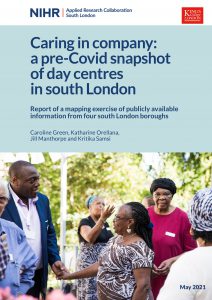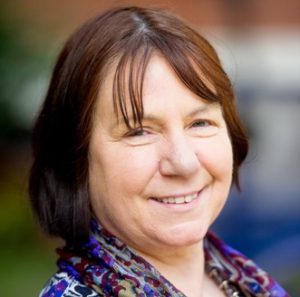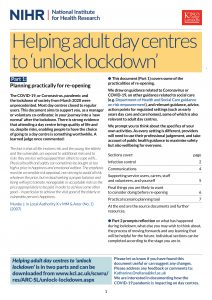 Olivia Luijnenburg is a Research Associate in King’s College London’s NIHR Policy Research Unit in Health and Social Care Workforce. (460 words)
Olivia Luijnenburg is a Research Associate in King’s College London’s NIHR Policy Research Unit in Health and Social Care Workforce. (460 words)
What is ‘spirituality’ in care? How can care home staff attend to residents’ spiritual needs? For my PhD project, I had the task of finding answers to such questions. When thinking about spirituality and spiritual needs, many people’s minds immediately go to religion and religious needs. However, what about care home residents who do not practice a religion or are not part of a religious community? We know that spiritual wellbeing is found through a sense of community, connection, nature, or the arts, which can but does not have to be of a religious nature. Surprisingly, the spiritual needs of older people in residential care have often been overlooked.
To address the lack of knowledge around spirituality in care and illuminate the intangibility of what spiritual needs might look like, I collected ‘artefacts’ from care home residents before talking with them. These could be an object, a space, a song, a person, or anything else that represented a sense of joy, peace, safety, or fond memories for the person. The ‘artefacts’ functioned as a conversation starter, as well as a stimulant to the imagination of what ‘spirituality’ might mean to the participant. They were photographed and collected in a ‘Gallery of Spiritualities’. Continue reading





 Dr Nayyara Tabassum is Evidence Officer in the
Dr Nayyara Tabassum is Evidence Officer in the 
 Action on Elder Abuse recently relaunched as
Action on Elder Abuse recently relaunched as